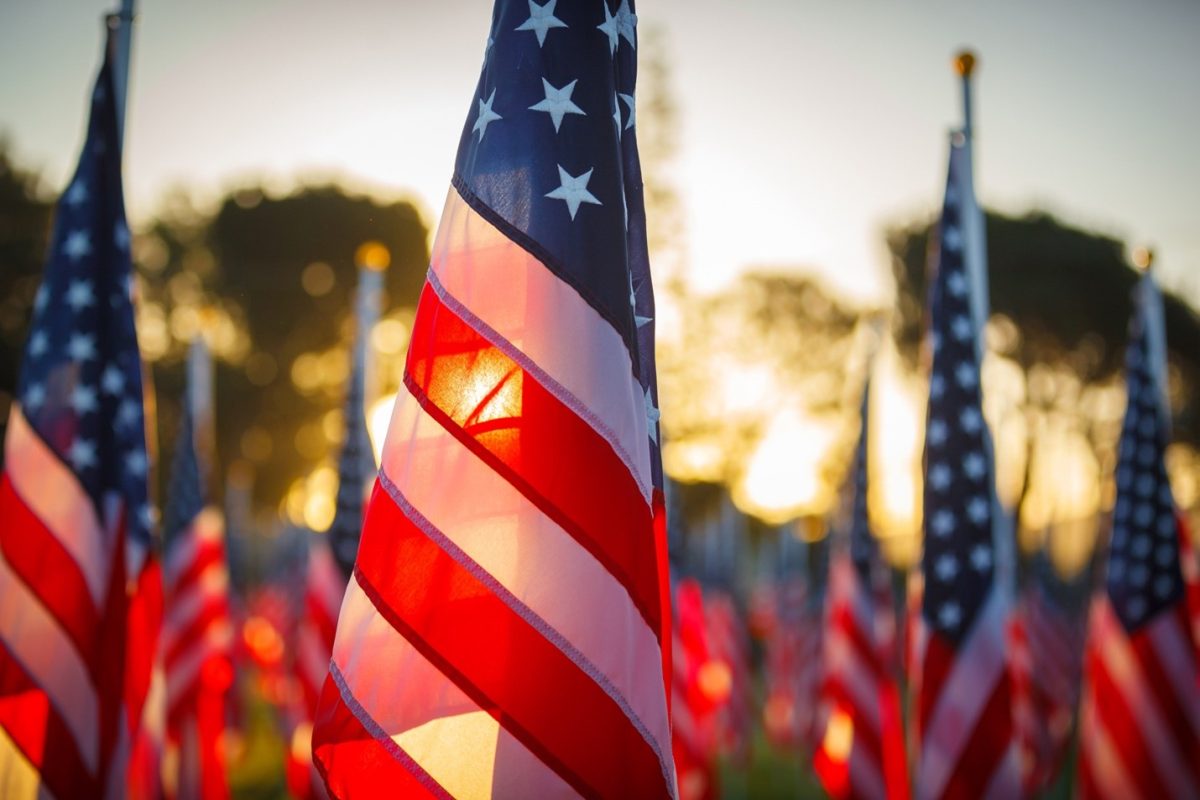I am a Vietnam vet but served in a support role. I wrote this out of respect for my grunt friends: Ed Sherman, Mike Rodriguez, Bill McKinney, Ron Nicynski, Ham Pakradooni, Don Wright – who passed from Agent Orange-related cancer – and a long-lost grade school friend, John Reynolds.
March 29 is Vietnam Veterans Appreciation Day. Perhaps you know someone…or a few…who slogged through the jungles in a conflict where few received the accolades they deserved. Perhaps you are a Vietnam veteran like me. To you, I offer a slow, stoic, and sincere salute of thanks.
You may have seen a meme that says, “Some gave all. All gave some.” Vets know it well. When I see that sentiment, I am humbled and reminded that even among those of us lucky enough to return, there is a stratum of sacrifice. Those deserving of special thanks, in my opinion, are the infantrymen…the grunts, the medics/corpsman and others that served with them in the field as well as anyone who came home wounded, whether bandaged or haunted. The grunt experience encompasses a wide range of stress, misery, and terror compared to the rest of us Vietnam vets. The wounds some grunts struggle with even today illustrate that we are still paying the cost of this terrible war.
Men also deserving of special recognition are helicopter crews on medivacs, assault, resupply, and gunships. While I don’t want to diminish the sacrifice of others, these men stand out to me for their bravery and frequent encounters with danger and death.
There were approximately 3 million servicemen and women who served in Vietnam, according to the Veteran’s Administration. Only 300,000 were grunts. Yet grunts represent at least 40 to 50 percent of the casualties. The other 2.7 million who served were like me, serving in various capacities in support of the grunts.
Grunts would spend weeks straight living on what supplies they carried with them into the field. They would slog through rice paddies fertilized with human waste, razor-sharp elephant grass, and leach-infested streams. They carried 60-pound loads up and down slippery 3,000-foot slopes and trudged through knee-deep mud. My friend Don Wright had to carry the body of his dead friend in addition to his own gear all day until a helicopter could reach them. They constantly swatted mosquitoes, ants, and other biting critters as they dodged poisonous snakes and two-foot-long venomous centipedes. They would hunt the enemy on their hands and knees in the tunnels with nothing but a flashlight, a piston and a rope tied around their waste in the event things went bad. There were even instances of tigers trying to drag a grunt into the jungle. With every step, grunts navigated fields laced with booby traps. If triggered, they would set off an ambush by nearby enemy.
Whenever someone learns I’m a Vietnam vet, they often offer a heartfelt “thank you for your service.” When it happens, I feel a little guilty. I didn’t live the life of a grunt.
Neither did most Vietnam veterans.
My encounters with danger came in rather brief spurts. My team flew 3-to-4-hour aerial surveillance missions. During much of three-month monsoon season, we were grounded. Our missions were mostly tedious. My greatest discomfort was cramming my 6’4″ frame into a cramped cockpit. We drew small arms fire, but only for a few seconds, and I didn’t really worry about it. Most of my peers who became casualties were not the victims of hostile fire but of mechanical failures, accidents, or flying into a granite cloud.
When I wasn’t flying, I was living on an air strip guarded by Marines and secure from any threat of a ground assault from the enemy. I slept in a dry bunk and enjoyed laundry service, hot showers, hot food, and an oscillating fan. They sprayed our base camp regularly for mosquitoes. We could buy almost anything at the PX, from TV and stereo equipment to a monthly ration of beer and a fridge to keep it cold. Entertainment included outdoor movies, basketball, volleyball, massage at a nearby ‘spa,’ and a beautiful and safe beach. My experience felt like an expense-paid vacation compared to the hell grunts encountered daily.
On rare occasions, grunts were given a few days to “stand down” at their base camp, allowing for a change into new fatigues and dry socks, a hot meal, and a cold beer before heading back into the bush. I recognize how lucky I am. I’d be lying if I didn’t say that I carry some survivor’s guilt because of it.
My hat goes off to the grunts and the officers and NCOs who directed them on deadly missions. Few can appreciate the burden they carry. These men are the true heroes of Vietnam. But all of us who left our lives in the U.S. and traveled across the globe to fight in a war we had no say in deserve to be thanked…whatever that entailed.
Gary Geramanis

